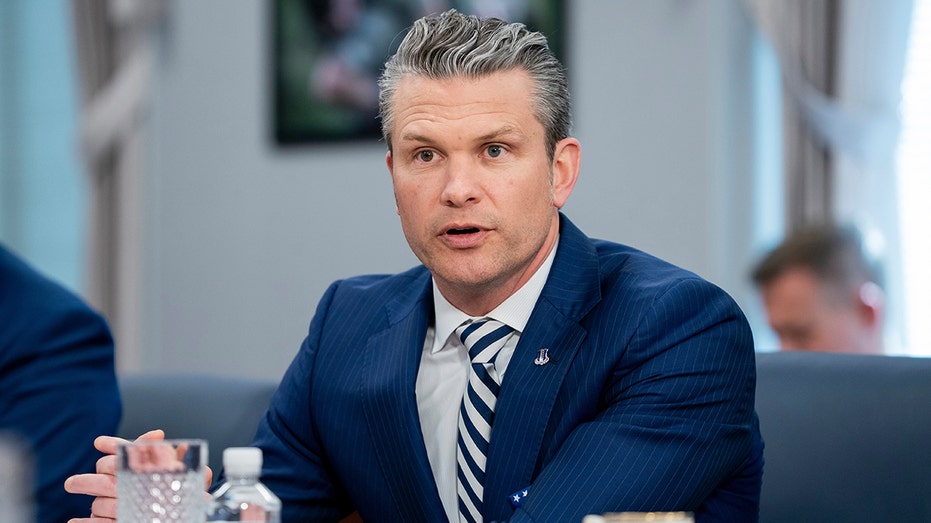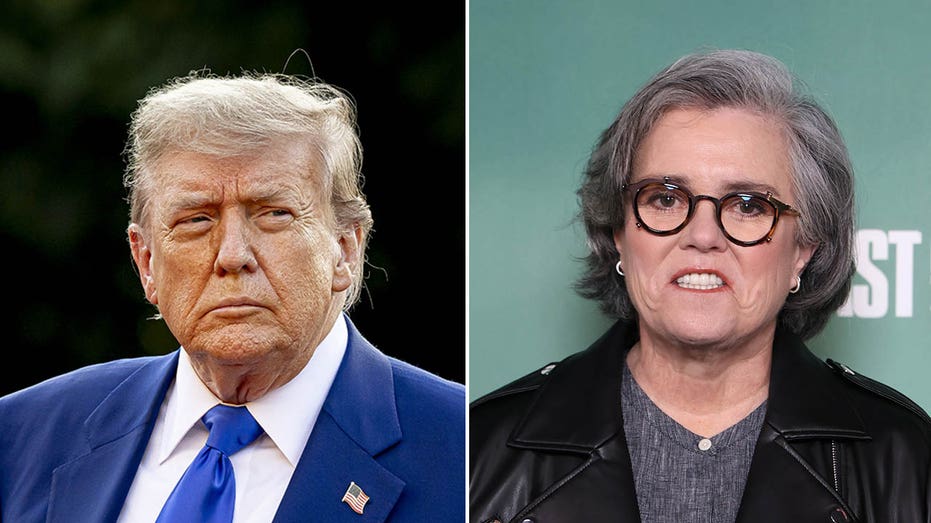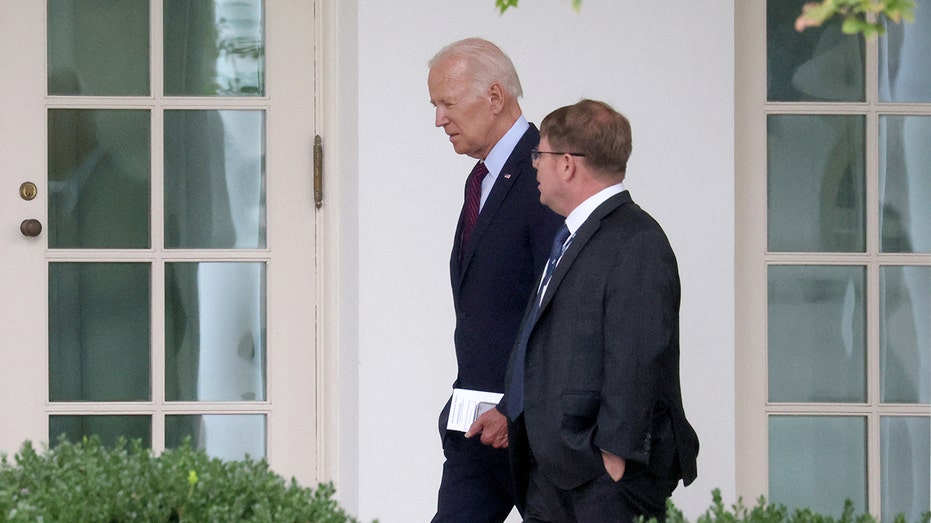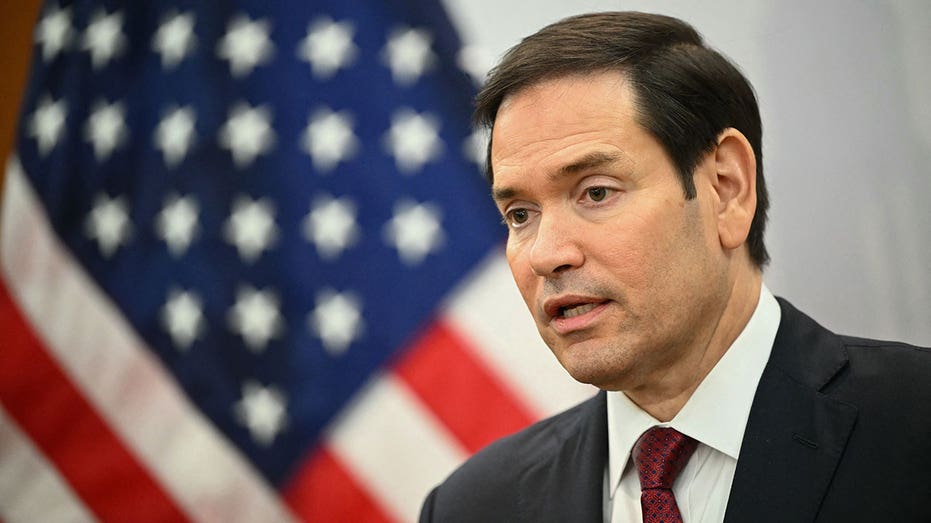Defense Secretary Hegseth Faces Heat for Sharing Yemen Strike Details in Family Group Chat

Sarah Johnson
April 21, 2025
Brief
Secretary of Defense Pete Hegseth faces controversy after allegedly sharing Yemen airstrike details in Signal chats with family and associates, raising Pentagon security concerns and administration criticism.
Pete Hegseth, the Secretary of Defense, is in hot water after reportedly sharing operational details of a March airstrike on Iran-backed Houthis in Yemen with his wife, brother, and personal lawyer over a Signal group chat. The revelation, first made public by a media report, uncovers a second Signal chat—this one including not just Pentagon insiders but also some family members and close associates. Apparently, it's not enough to keep national security in the family; you have to keep it in the group chat, too.
The same operational details, including warplane launch times, were also allegedly shared with high-ranking Trump administration officials in a separate chat. The leak only surfaced last month after a reporter was mistakenly added to the group—talk about a notification you don't want to get.
The Pentagon and White House both swiftly dismissed the controversy, insisting President Donald Trump stands by Hegseth. Press secretary Karoline Leavitt labeled the story a "non-story," blaming "disgruntled former employees" for stirring the pot. Pentagon spokesman Sean Parnell took it further, calling the story "another old story—back from the dead," and suggested the media was on a mission to take down anyone loyal to Trump's agenda.
Insiders say the chat, cheekily named "Defense ' Team Huddle," included 13 participants—among them Hegseth's wife Jennifer (a former Fox News producer), his brother Phil, and his personal lawyer, Tim Parlatore. Of these, only Phil and Parlatore are Pentagon employees. Why Jennifer needed a front-row seat to military ops remains a mystery, unless group chats have become the new Situation Room.
All this came amid a swirling week of power struggles inside the Pentagon. Former spokesman John Ullyot, who recently resigned, penned a scathing op-ed describing the agency as being in "disarray under Hegseth’s leadership." Ullyot argued that Trump "deserves better from his senior leadership," casting doubt on Hegseth’s future in the role.
Despite the drama, Pentagon officials maintain that no classified information was ever shared in the chats. But critics aren’t so easily convinced, especially since the accidental inclusion of a journalist is not a great look for a department that’s supposed to be all about security.
The administration and its allies continue to downplay the leaks. Anna Kelly, White House deputy press secretary, quipped that “recently-fired ‘leakers’ are continuing to misrepresent the truth to soothe their shattered egos and undermine the President’s agenda.”
The incident has fueled fresh criticism of both Hegseth and the Trump administration for failing to take action following the leaks, as trust in the Pentagon's internal communications takes yet another hit. Meanwhile, the rest of us are left to wonder if national security shouldn’t require at least a little more password protection.
Topics
Editor's Comments
Honestly, if your family group chat’s biggest secret is a surprise birthday party, count your blessings. Pentagon ops, warplane schedules, and the odd lawyer thrown in? That’s next-level group texting. Maybe next time they'll stick to sharing memes instead of military maneuvers.
Like this article? Share it with your friends!
If you find this article interesting, feel free to share it with your friends!
Thank you for your support! Sharing is the greatest encouragement for us.



